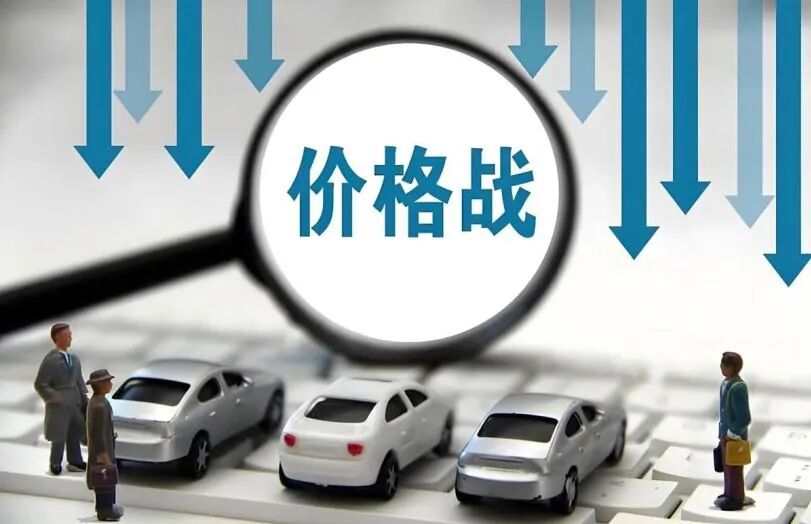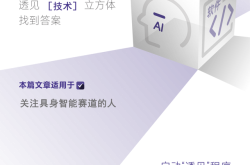New Legislation Reshapes Competitive Dynamics, Establishing a 'Red Line' Against Cutthroat Tactics
![]() 11/28 2025
11/28 2025
![]() 490
490
On October 15, the newly amended Anti-Unfair Competition Law of the People's Republic of China came into effect, introducing a pivotal legal framework to safeguard fair market competition.
In recent times, escalating market rivalry has fueled irrational practices, notably 'price wars' within the automotive sector, sparking widespread apprehension. Based on partial data, merely in the first half of 2025, over 60 car models witnessed price reductions, a figure that ballooned to over 100 by September. Certain models experienced price drops exceeding RMB 50,000, with some dipping as low as RMB 30,000—a price point comparable to two premium electric bicycles—underscoring the intensity of the competition.
Irrational Price Wars Escalate, Industry Struggles Under Pressure
The intensifying price wars have exerted tremendous operational strain on enterprises throughout the supply chain. Leaders from various automakers have taken to social media, lamenting that the automotive industry is enduring its 'most challenging period ever,' and calling for an end to 'involution'—a term describing excessive competition without corresponding growth—and a return to rational competition. This 'involutionary' trend has permeated from sales to research and development (R&D), production, and the entire supply chain. To maintain market share, numerous automakers have resorted to relentless price reductions, severely eroding profits and hindering the growth of R&D investment.

Industry analysis reveals that in the second quarter of 2025, R&D investment growth among major listed automakers decelerated by roughly 5 percentage points year-on-year, with some even slashing budgets for pioneering technologies. Senior executives foresee that only a handful of top firms will weather the next two to three years. McKinsey's 2025 Global Automotive Outlook similarly anticipates a significant market shakeout in China, with approximately 30% of brands facing consolidation or exit.
Concurrently, suppliers are grappling with shrinking profit margins under pressure from original equipment manufacturers (OEMs) to reduce costs. Many small and medium-sized enterprises (SMEs) are experiencing 'rising orders but declining profits,' jeopardizing innovation and sustainability across the supply chain.
Downstream automotive dealers confront even greater hurdles. According to the China Automobile Dealers Association's August 2025 report, 58.6% of traditional fuel vehicle dealers operated at a loss in the first half of 2025, with only 25.6% reporting profits. New energy independent brand dealers also faced difficulties, with just 42.9% achieving profitability, under unprecedented pressure.
Against this backdrop, the new Anti-Unfair Competition Law (hereinafter referred to as the 'Law'), which took effect on October 15, explicitly forbids operators from dumping goods below cost to disrupt market order. It aims to refine competition rules, reinforce the foundational role of competition policy, dismantle industry barriers and market entry restrictions, optimize the business environment, and unleash operators' innovation and drive. This provides robust institutional backing for constructing an efficient, fair, and open national unified market.
Addressing 'Involution,' Regulating Marketing and Predatory Competition
The Law, consisting of five chapters (General Provisions, Unfair Competition Acts, Investigations, Legal Liability, and Supplementary Provisions), specifically targets 'involutionary' predatory competition and 'false advertising' that disrupt market order. It bans below-cost dumping to uphold normal market order, directly addressing practices where dominant firms coerce dealers or resellers into selling vehicles below cost.
The Law also prioritizes the protection of SMEs. Article 15 stipulates that large enterprises must not leverage their advantages in funding, technology, channels, or influence to impose unreasonable terms or delay payments to SMEs. This complements the Regulation on Ensuring Payments to SMEs, safeguarding their profit margins and resilience against irrational price wars.
Notably, the Law addresses issues specific to the automotive industry. For instance, it emphasizes 'encouraging fair competition' and 'adhering to business ethics,' raising integrity standards for automakers' marketing and negotiations. It also targets 'black PR' and other unfair practices.
Furthermore, the Law refines the definitions of confusing acts. Article 7 prohibits the unauthorized use of others' influential identifiers, including product names, packaging, corporate names, domain names, social media handles, and app icons. This necessitates greater caution from automakers when utilizing competitors' branding in marketing.
From this reporter's perspective, the Law proactively responds to challenges posed by the digital economy. For instance, it bans improper data acquisition and malicious online transactions, incorporates 'fake reviews' into false advertising provisions, expands 'commercial confusion' to encompass social media handles and apps, and replaces 'technical means' with 'data, algorithms, technology, and platform rules' in defining online unfair competition. These refinements enhance precision and user data security.
Multi-Level Collaboration Fortifies Legal Boundaries
Industry associations have repeatedly advocated against 'involutionary' competition. In May, the China Association of Automobile Manufacturers (CAAM) issued an initiative for fair competition, urging firms to adhere to principles, avoid monopolistic behavior, and refrain from below-cost dumping or false advertising that harms industry and consumer interests.
Similarly, the Ministry of Industry and Information Technology (MIIT) has pledged to curb 'involutionary' competition, optimize industrial structure, strengthen product consistency inspections, and collaborate on anti-unfair competition enforcement. MIIT also addressed online misconduct like 'internet water armies' and 'black PR,' calling for a positive, civil development environment for new energy vehicles.
MIIT has also taken steps to protect SMEs. In June 2025, it mandated automakers to honor 'payment terms ≤60 days,' aligning with the Regulation on Ensuring Payments to SMEs. In September, CAAM's Payment Standards Initiative further clarified procedures: automakers must complete inspections within three working days of receipt and initiate payments within 60 days of approval. Seventeen leading firms pledged strict compliance, promoting supply chain synergy through optimized payment terms.
Laws and regulations function not only as a 'Sword of Damocles' but also as a 'red line' delineating competitive boundaries. As the State Administration for Market Regulation observed, only a scientifically sound, systematic, and efficient legal framework for fair competition can optimize resource allocation, drive corporate innovation, and foster a virtuous ecosystem where large, medium, and small enterprises coexist harmoniously.
In the technology- and capital-intensive automotive sector, the Law's revisions may fundamentally alter competition logic—shifting from market share 'zero-sum games' to 'positive-sum games' centered on core technologies, user experience, and brand co-creation. This signifies not merely a tactical shift but a decisive leap from quantitative scale to qualitative development. As regulation transitions from post-hoc enforcement to proactive intervention, a healthy, innovation-driven competitive era is emerging.
Note: This article first appeared in the November 2025 issue of 'Auto Review' magazine's 'Hot Topics' column. Stay tuned.
Image: Sourced from the Internet
Article: Auto Review
Layout: Auto Review






